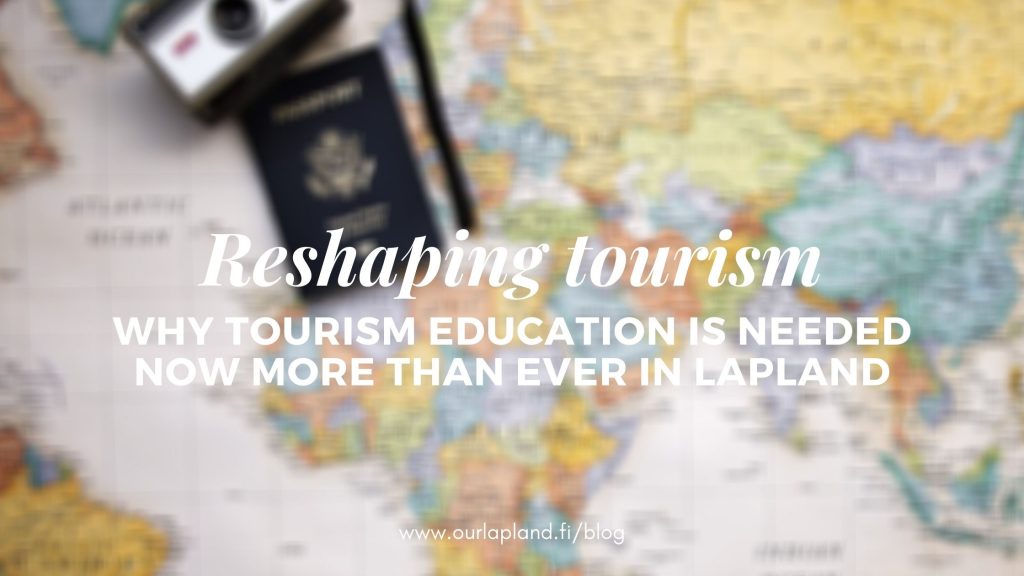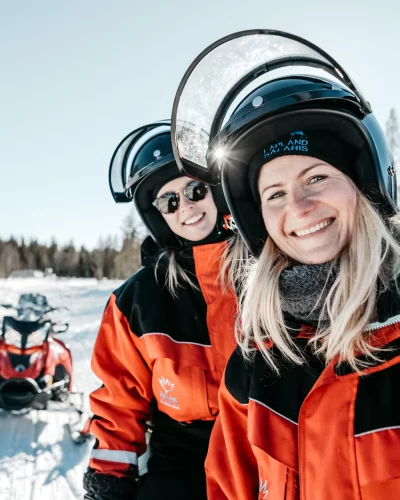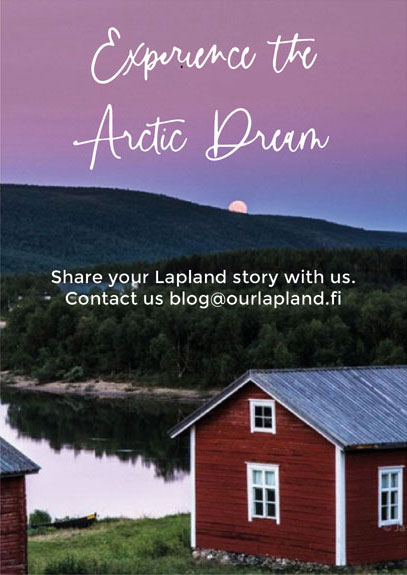As a place that lives off seasonal tourism, Lapland is in trouble. The current global situation has raised important questions about the future of tourism and tourism education and new innovations are being developed and tested. And even though studying a struggling field of industry in the midst of the pandemic could seem like fiddling around, future tourism actually needs its new professionals now more than ever.
Reshaping Tourism in Lapland
As early as in May, Visit Lapland addressed a survey conducted for local Lapland entrepreneurs by Lapland Chamber of Commerce and Finnish Lapland Tourist Board that revealed a very gloomy view for tourism in the area. 60 % of the respondents stated that they will have to close down their businesses within ten months if foreign customers do not arrive in Lapland at all during the coming winter season. The fast approaching Christmas season, November – December, is the most important tourist season in Lapland. During that period, foreigners account for more than 80% of the region’s tourists. Foreign tourists also engage in different services more than Finnish tourists. This is especially reflected on smaller companies. Now in September, many companies have already faced a huge surge of cancellations on their bookings for the upcoming season.
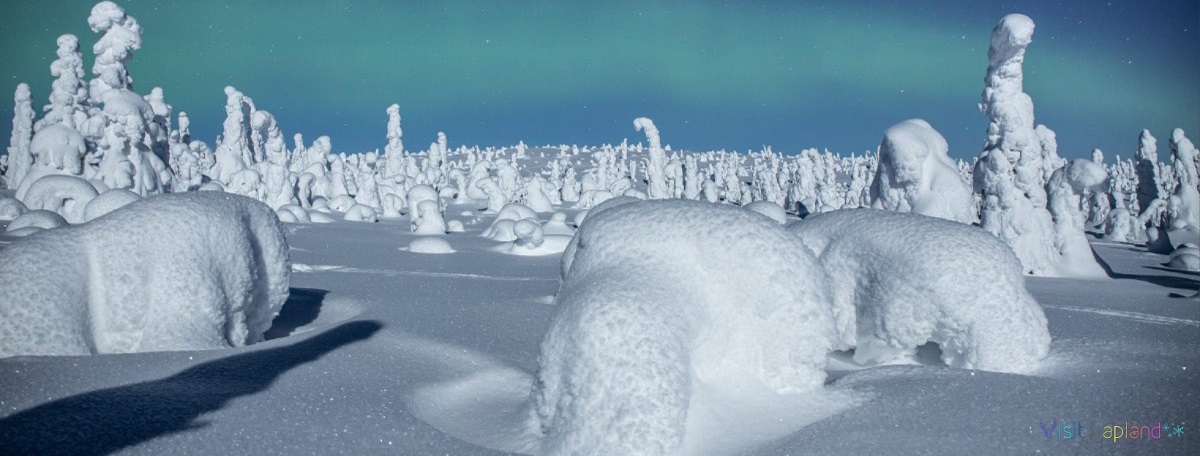
Mara, an interest organisation for tourism and restaurant services in Finland, has also commented that at present, all the tourism companies in the country rely almost exclusively on domestic tourists. The ever-tightening travel and assembly restrictions make it even more challenging for tourism companies to plan for anything for the erratic upcoming season. Many tourism workers have already lost their jobs or are living in constant state of uncertainty.
But what does it feel like to study an industry that lives in such turmoil? What are the prospects of tourism like for future professionals?
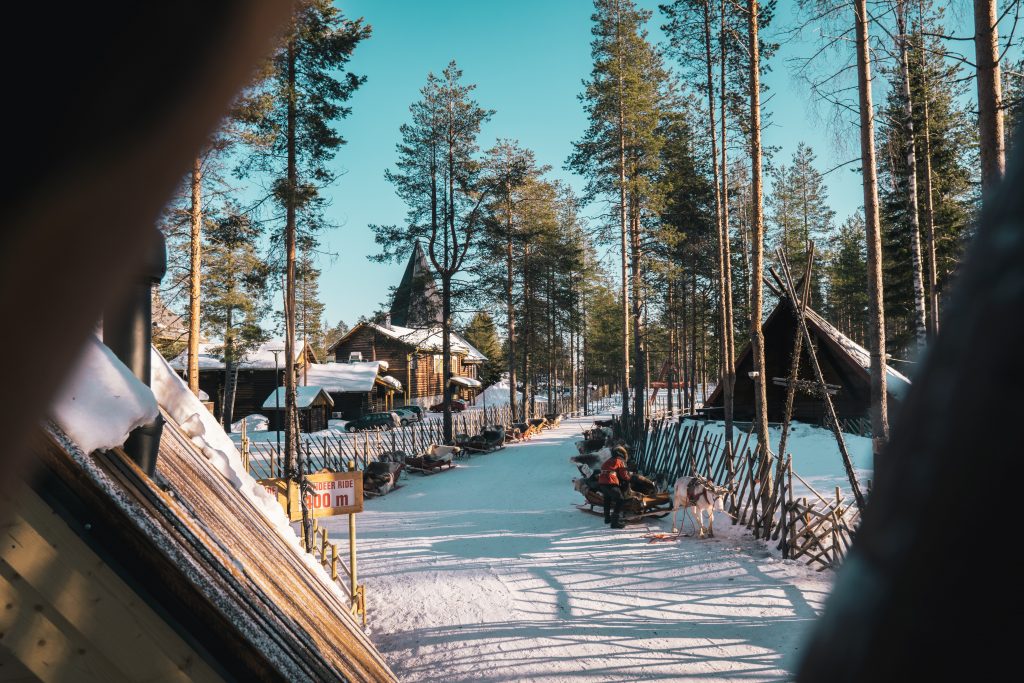
Time to rebuild?
Visit Lapland reached out to Jalot Villit, the student organisation for tourism research students at the University of Lapland, to get its comments on the topic. The representatives of the student organisation board of Jalot Villit, Krista Perälä, Eleonora Alariesto and Joonas Pitkänen, are currently particularly concerned about the situation of seasonal workers and those working for travel service companies in Lapland. “We are concerned about the survival of tourism businesses without international tourists”, worry Perälä, Alariesto and Pitkänen. The current industry as such may struggle big time but what are the future implications of studying tourism?
Despite the dreary news coverage, the student organisation board of Jalot Villit is hopeful and optimistic in its comments on the future prospects of tourism: “As students of tourism research, our own future employment feels more hopeful. We believe that there will be a lot of work to do in many different sectors, especially when it comes the time to rebuild.” José-Carlos García-Rosell, the Senior Lecturer of Responsible Tourism Business from the University of Lapland, is hesitant to talk about rebuilding. According to him, rebuilding something means that it has been destroyed. “I would not say that the tourism industry in Lapland has been (or will) be destroyed. Right now companies are going through a serious crisis, but they are still here with us”, he reflects. But whose role then is to keep the companies afloat? Above all, García-Rosell calls out for exceptional government measures and policies to mitigate the impact of the pandemic and to keep companies afloat during these difficult times.
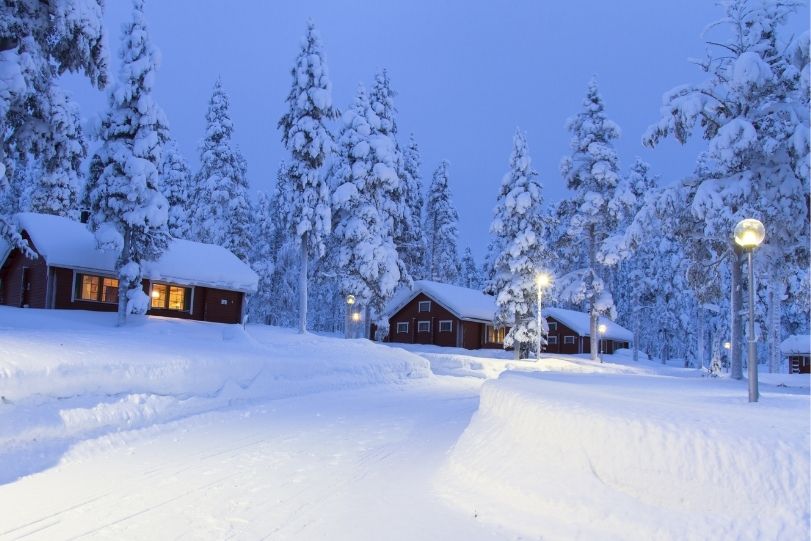
Forefront of future tourism in Lapland
“I applied to study tourism because of the international nature and diverse opportunities of the industry”, shares Maarit Suomi, a fifth-year tourism research student. Maarit was just about to look out for internships in the her field when the pandemic put a halt to operations of many industries around the world. Fortunately, however, Maarit finally managed to find an internship of her liking. After all, the pandemic had only little effect on the actual internship other than by increasing remote work. However, it did contribute to changing the nature of the work. The changing nature of work and tourism is an issue that also Maarit mentions: “The tourism situation in Lapland is challenging, but I think this is also an opportunity to create new kind of tourism.” Maarit, who is planning on graduating next spring, believes that the graduates of tourism education are vital in providing new insight into planning and developing the tourism of the future.
“In Lapland the reshaping of tourism provides an opportunity to gravitate towards more sustainable activities instead of focusing on continuous growth and attracting the masses.”
According to Jalot Villit, local expertise and know-how are becoming increasingly important. The tourism research programme offered by the University of Lapland in Rovaniemi is a unique field of study in Finland. The programme provides knowledge and tools necessary to work on the interface between the production and consumption of tourism experiences and to study the opportunities and challenges of the field. Perälä, Alariesto and Pitkänen hope that the relevance of their expertise, and that of their future colleagues, will be utilised in the planning and implementation of future tourism. The global pause offers an opportunity to reflect not only on the short-term challenges, but also on long-term trends and changes of the industry. The local tourism know-how in Lapland may have a good view of what the industry looks like now but what’s the future direction for tourism?
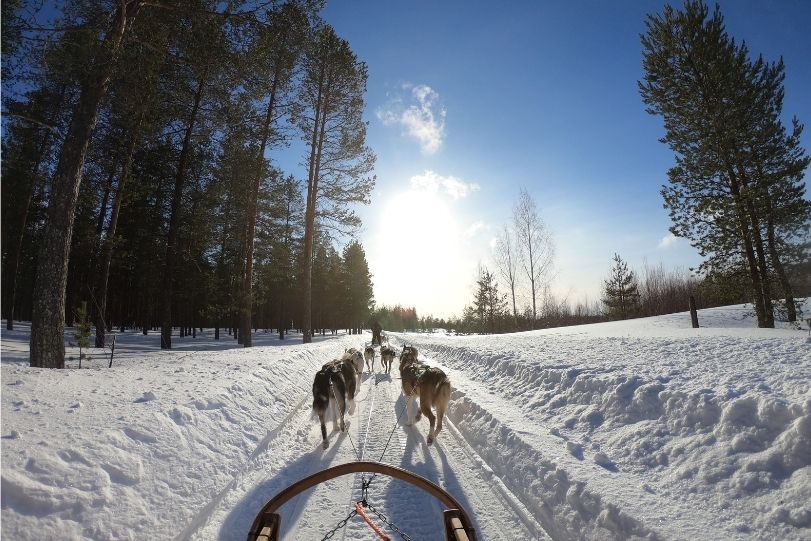
Building more resilient and sustainable tourism practices
José-Carlos García-Rosell points out that studying tourism is and will be more needed than ever before. He identifies several global challenges ahead, including climate change, poverty and inequality among others. These are challenges that are also reflected strongly on tourism. The 2020 pandemic has showcased even more strongly that the tourism industry is in transition. “We need tourism professionals who can contribute towards building more resilient and sustainable tourism practices. This is the reason why studying tourism and responsible tourism in particular become extremely relevant in today’s society”, García-Rosell indicates.
The upcoming quiet winter season will most likely result in less or no opportunities for tourism students to explore potential employment opportunities in the field. On a more positive note, the students will have more time to focus on their studies. And while studying tourism may seem futile or frustrating at this time, it shouldn’t be considered as such. Jalot Villit points out that the need for research and expertise is highlighted in the midst of uncertain times: “In Lapland as well as at national and international level, the reshaping of tourism provides an opportunity to gravitate towards more sustainable activities instead of focusing on continuous growth and attracting the masses.” Reshaping tourism will be a long process, but it can also be the opportunity to network and work together for a more sustainable and responsible industry.” If anyone, at least Jalot Villit is willing to seize this opportunity, or as they put it: “Tourism research students are at the forefront of future tourism.”

You can read more about the impact of seasonality on tourism in Lapland on our previous blogpost.


